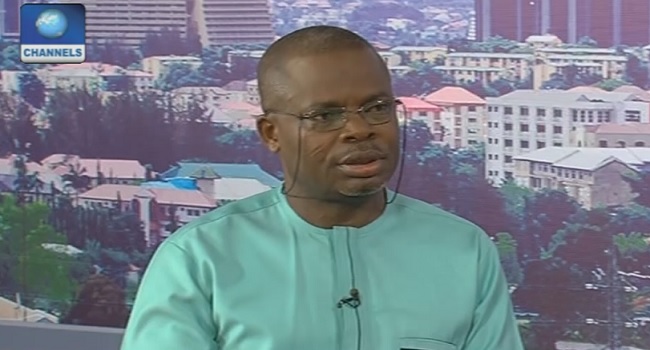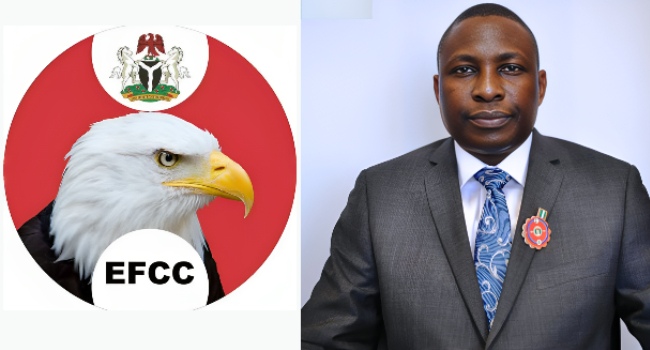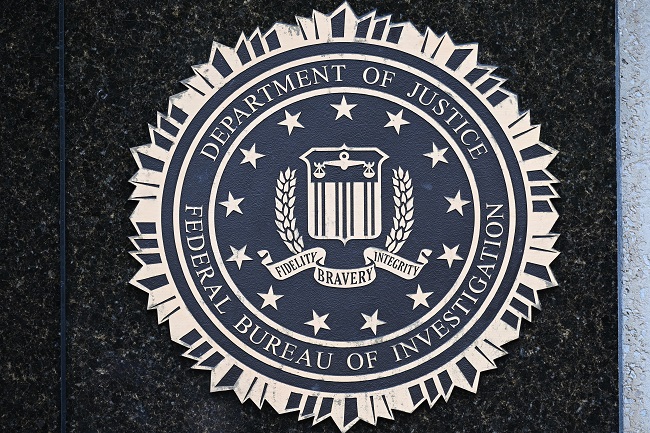The Chairman, House Committee on Civil Societies Organisation and Development Partners, Honourable Peter Akpatason has said that the Non-Governmental Organisation Bill by the House of Representatives if eventually passed will curb terrorism and money laundering in Nigeria.
Honourable Akpatason, speaking as a guest on Channels Television Breakfast programme, Sunrise Daily, said the bill, contrary to the fear by many on the freedom of association, was meant to control NGO’s and CSO’s activities.
“If you look through the document to check the intendment of this document is to, in the first place provide something that looks like a clearinghouse for the activities of CSOs, registration and coordination with a view to promoting transparency, accountability, local content.
“To prevent the unlikely event of some powers or individuals, locally or internationally, using NGOs to promote terrorist activities, and money laundering.”
Akpatason said that the bill suffered a major setback during the 7th Assembly. He added that this bill is however not a new development as countries across the globe provide a legal framework for the activities of civil societal groups.
“All over the world, countries come up with a legislative framework for the regulation or coordination of activities of NGOs, which is not peculiar to Nigeria. This is not the first time it is happening in Nigeria.”
Explaining the efforts of the Committee on Civil Societies Organisation and Development Partners in passing the bill, Akpatason said the committee went was met with some resistance.
“When we came on board, we looked at the efforts they made previously, and why it was resisted. We invited CSOs across the country to an interactive session to know exactly what their concerns are, with a view to establishing a draft that would be mutually acceptable to parties.
“We sought the opinions of a lot of NGOs and our conclusion from the discussions with various organisations arrived.”




